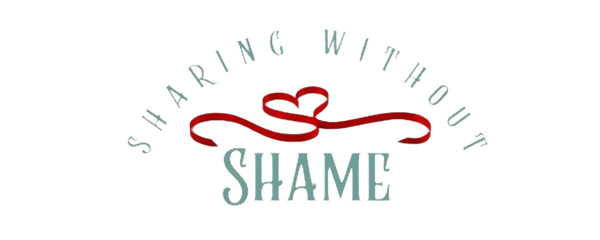The Invisible Grief of Parenting Through Your Child’s Addiction
Because love still aches, even when no one sees the loss.
Some grief has no obituary. No funeral. No flowers. There are no public ceremonies or comforting words from friends and family. It’s the kind of grief that doesn’t come with clear closure but lingers in the quiet moments. This is the invisible grief of parenting a child through addiction, a grief that’s often unspoken, yet incredibly real.
As parents, we can spend years imagining what our child’s life will look like, from graduations to weddings, family vacations to everyday moments. When addiction steps in, those dreams can feel like they shatter, leaving behind a version of your child you didn’t expect and a future for which you didn’t plan. There’s no map for this journey, and it’s easy to feel lost in it.
“Grief is not a sign of weakness, nor a lack of faith… it is the price of love.” – T.H. Shields
This is the invisible grief. The grief of all the milestones you won’t get to witness. The loss of what your child could have been. The version of them that laughed, played, and shared their hopes and dreams with you. It’s the graduation you all missed, or the way the joyful moments you once had now feel distant or forgotten. It’s the phone calls you never received, or the dreams of a peaceful, fulfilling future that seem to slip farther away with every passing day.
But here’s the truth: this grief is real. It doesn’t need an obituary to be valid. It doesn’t need a public acknowledgment to deserve space. It simply needs recognition from you! Recognizing your grief allows you to begin your healing process. It gives you the chance to honor what was lost, even if you choose to continue to emotionally support your child in their struggle.
“The pain you feel today is the strength you will feel tomorrow.” – Anonymous
let’s be real: When people find out that you have a child in active addiction and you’re in a deep depression, no one’s bringing casseroles to your door, and the well-meaning advice of others often feels more like blame and shame. It’s like you’ve caught the plague when you mention addiction, and people turn their backs, as if this struggle is somehow contagious. But this is where your healing starts . . . by embracing the grief without apology and allowing yourself the space to feel and process it.
Hold onto your hope because you never know when the miracle of recovery will happen. My son is a miracle. In May of 2025, we will all celebrate his 17 years of living his life in recovery. If there’s anything I’ve learned through this journey, it’s that recovery can come when you least expect it, and it’s worth holding onto that hope even in the darkest of times.
When we’re honest with ourselves about this grief, we open up a new space for healing. Naming the loss, acknowledging that it’s okay to mourn the life you envisioned, even while loving the child you have today, is part of reclaiming your strength. It’s also part of being present for your own healing, so that you can be the support your children need on their journey.
It’s okay to grieve what you’ve lost, but don’t stay stuck there. It’s also important to remember that, even in the midst of grief, there is still hope. It’s possible to find peace, even when your child is in the grip of their addiction.
You are not alone in your grief, and your journey is valid, and you don’t need to do it alone anymore!
May your faith and strength heal your heart!
